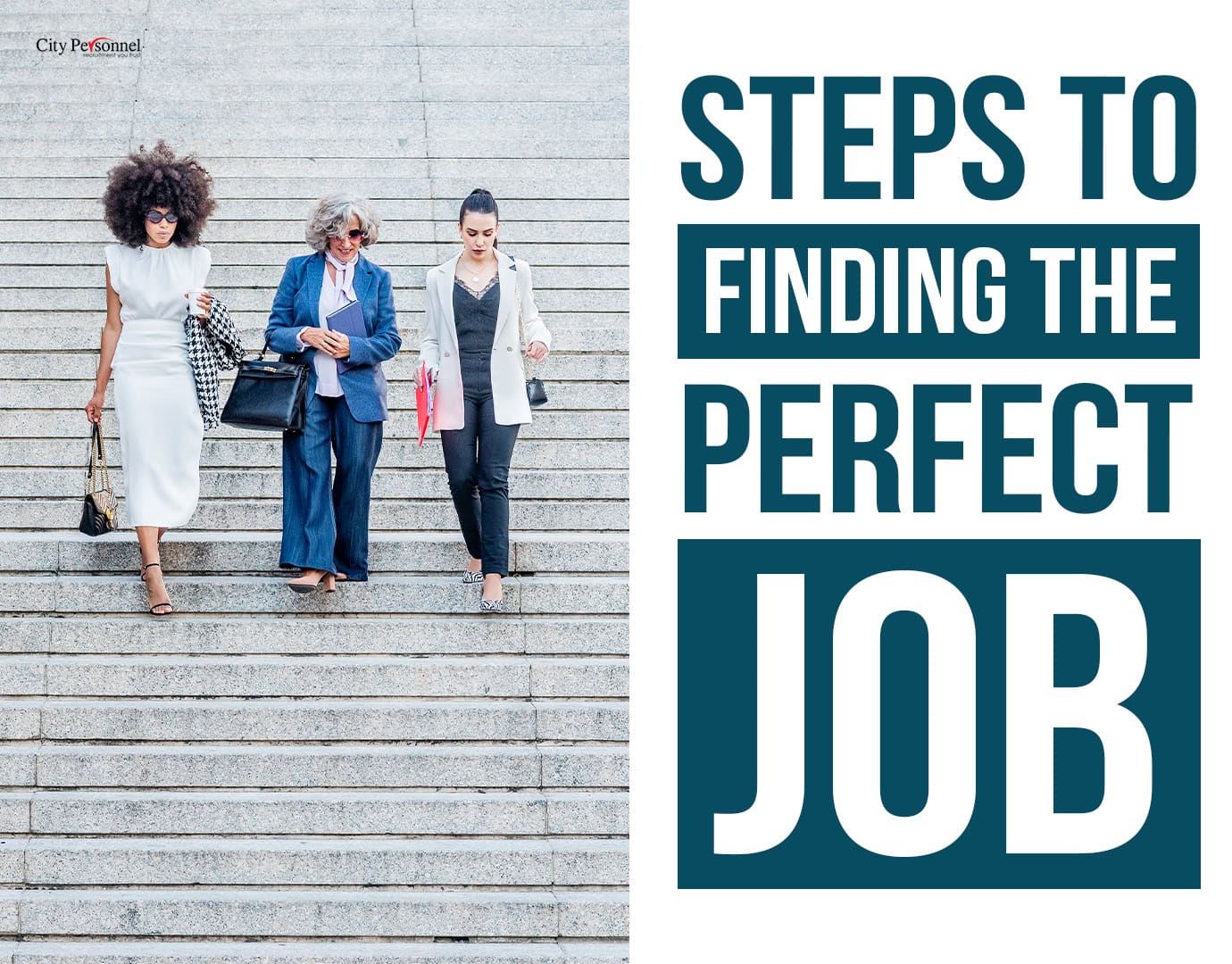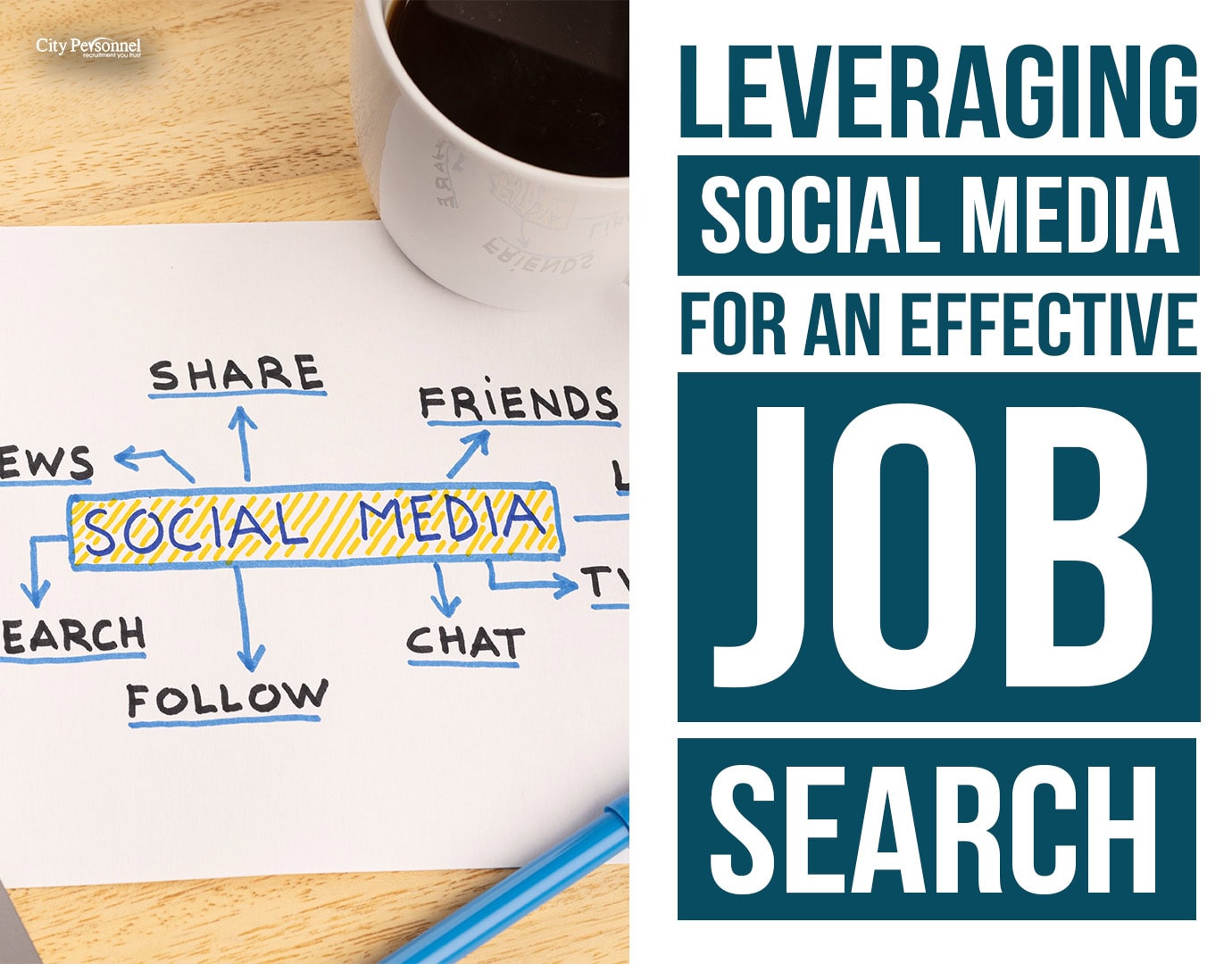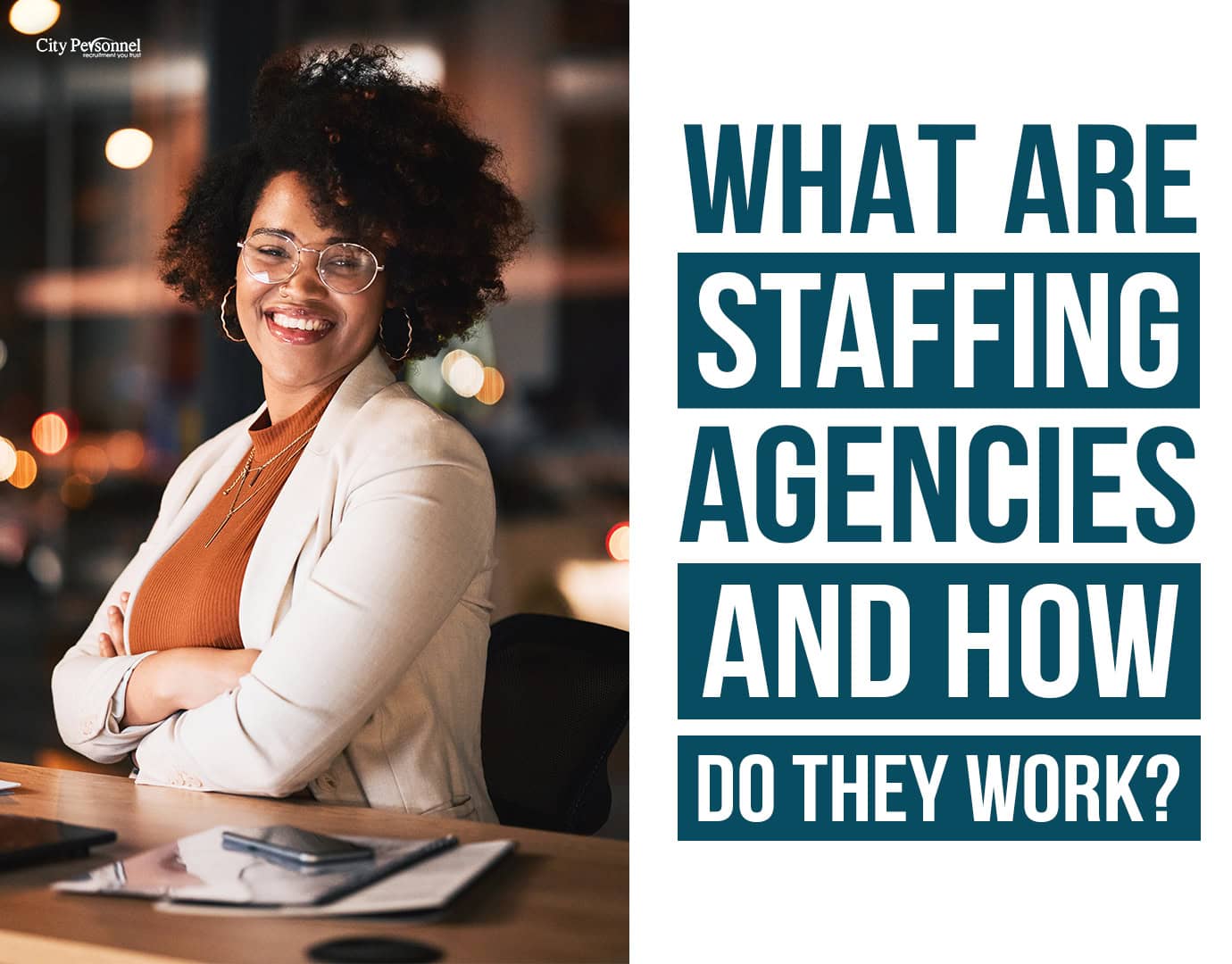In the realm of employment, an invisible divide persists, hindering the integration of valuable talent into the workforce. As we grapple with a staggering employment paradox – 600,000 citizens released from US incarceration annually, nearly one in three adults bearing some form of criminal record, and over 11 million open jobs – the call for fair-chance hiring resonates louder than ever.
The Stark Reality: An Employment Abyss
The statistics are telling: 90% of employers perform background checks, creating a formidable barrier for individuals seeking reintegration after incarceration. This phenomenon perpetuates a cycle of unemployment, economic disenfranchisement, and social marginalization. The economic and social impacts of mass incarceration are staggering, with an $87 billion annual GDP loss, 4.3 million citizens on probation or parole, and a 27% unemployment rate for the formerly incarcerated.
Challenging the Norms: Fair-Chance Hiring
The USA, surpassing all NATO countries in incarceration rates, faces systemic racial disparities at every step of the recruitment process. It is within this context that fair-chance hiring emerges as a transformative solution. By recognizing and leveraging the untapped potential of individuals with criminal records, companies not only diversify their talent pool but also contribute to societal rehabilitation.
Gabby
Strategy & Talent Associate
Economic and Social Impacts: A Win-Win Scenario
Fair-chance hiring addresses both economic and social dimensions. On one hand, it provides a solution to the talent shortage by tapping into a pool of motivated and skilled individuals. On the other hand, it contributes to breaking the cycle of recidivism, fostering economic independence, and reducing the strain on public resources.
Benefits of Fair-Chance Hiring: Why It Works
Better Retention and Lower Turnover
Research consistently shows that employees with criminal records exhibit higher job retention rates and lower turnover compared to their counterparts. This loyalty stems from a profound appreciation for the opportunity given, translating into increased commitment and dedication to their roles.
Faster Promotions
Fair-chance hiring promotes a culture of meritocracy, where individuals are recognized and rewarded based on their skills and performance rather than their past mistakes. Employees with criminal records often experience faster career advancement, contributing to a more dynamic and diverse organizational hierarchy.
Enhanced Motivation
Individuals seeking reintegration understand the value of a second chance. This inherent motivation often translates into a strong work ethic, a drive to excel, and a determination to prove one’s worth in the workplace.
The Path Forward: A Diverse and Inclusive Future
As we navigate the complexities of fair-chance hiring, it becomes evident that diversity isn’t just about ethnicity, gender, or age; it extends to including those who have encountered the criminal justice system. Companies championing this cause not only cultivate a diverse workforce but also contribute to dismantling systemic inequalities.
In conclusion, fair-chance hiring isn’t merely a social responsibility; it’s an economic imperative. By tapping into the vast reservoir of talent among individuals with criminal records, companies stand to gain a competitive edge, fostering a workplace that is not only diverse but also built on principles of justice, equality, and empowerment. In the end, the success of fair-chance hiring lies not just in opening doors but in building bridges toward a more inclusive and compassionate future.
2024 Recruitment Playbook









